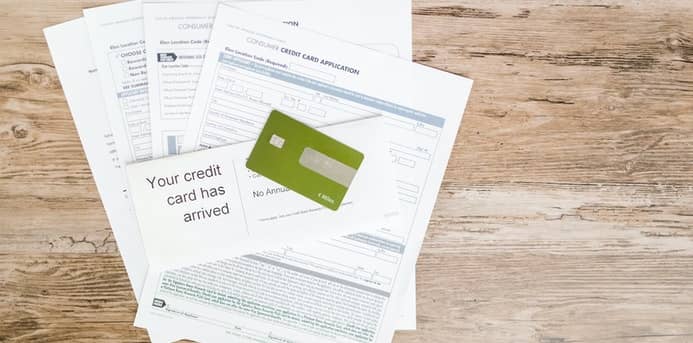Let’s talk about credit scores. The results of one free credit report can totally ruin your day.
Did you contact one of the nationwide credit bureaus? Did your consumer report shock you? You wouldn’t be the only one.
Although it seems like creditors and credit reporting agencies can do whatever they want when your credit report is concerned, you have robust protections under the law. The Fair Credit Reporting Act ensures that your credit report is accurate and transparent.
You are not just powerless to take what you are given by these consumer reporting agencies. A Mississippi Fair Credit Reporting Act lawyer can help.
CREDIT REPORTS AFFECT YOUR LIFE
You can fight back if creditors break the law. Large companies often do not respect individual consumers and their rights. You can try to explain, persuade, cajole, and even beg; these companies do not care. However, they must take notice when you take legal action with an aggressive and experienced credit reporting attorney.
This may not even be your fault. You could be a victim of identity theft or negative information that isn’t even accurate. When you file a lawsuit under the Fair Credit Reporting Act, you can not only have your voice heard, but you can also get financial compensation when the defendant has broken the law.
HOW THE FAIR CREDIT REPORTING ACT PROTECTS YOU FROM CREDIT REPORTING AGENCIES
According to the Federal Trade Commission, the Fair Credit Reporting Act (FCRA) governs what can go on consumer reports and how it can be used. You also have the legal right to obtain your credit report from a nationwide credit bureau.
The law recognizes that your credit is often your lifeblood, and any damage to your credit can cause you significant emotional and financial harm. For employment purposes alone, you deserve the assurance that your credit report is accurate.
Here are some of the legal prohibitions and requirements of the FCRA placed on a consumer reporting agency:
- Furnishing or reporting inaccurate information
- Furnishing or reporting wrong information (for example, either the amount of the debt or that you did not pay on time)
- Failure to file the necessary legal procedures when you are disputing a debt
- Violating your privacy by releasing your credit information to entities that did not have a legal right to it
- Someone else requests your credit report for an impermissible purpose
- A credit bureau fails to give you notices required by law
- Mixing up your information with that of someone else
WHO CAN BE SUED UNDER THE FCRA
FCRA lawsuits are either filed individually or on a class action basis. Some individual plaintiffs have recovered thousands of dollars when creditors or credit bureaus have violated their legal rights.
Here are examples of different defendants who have been sued for allegedly violating the FCRA:
- Creditors who have pulled credit reports without a legitimate business need
- Employers who pull your credit report without your permission
- Credit bureaus who do not allow you the appropriate chance to dispute information on your credit report
- Creditors who wrongfully report accounts as unpaid or late




